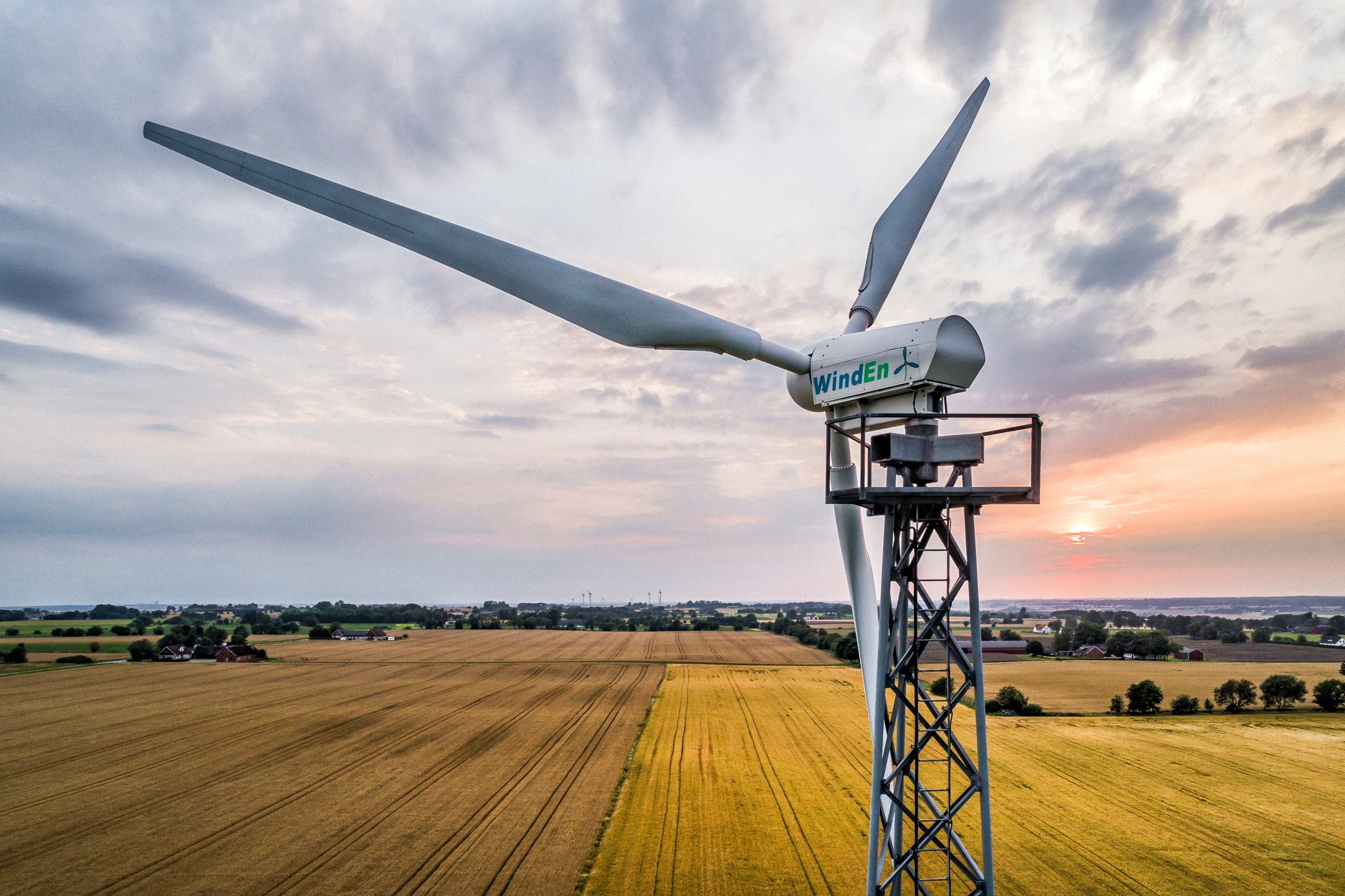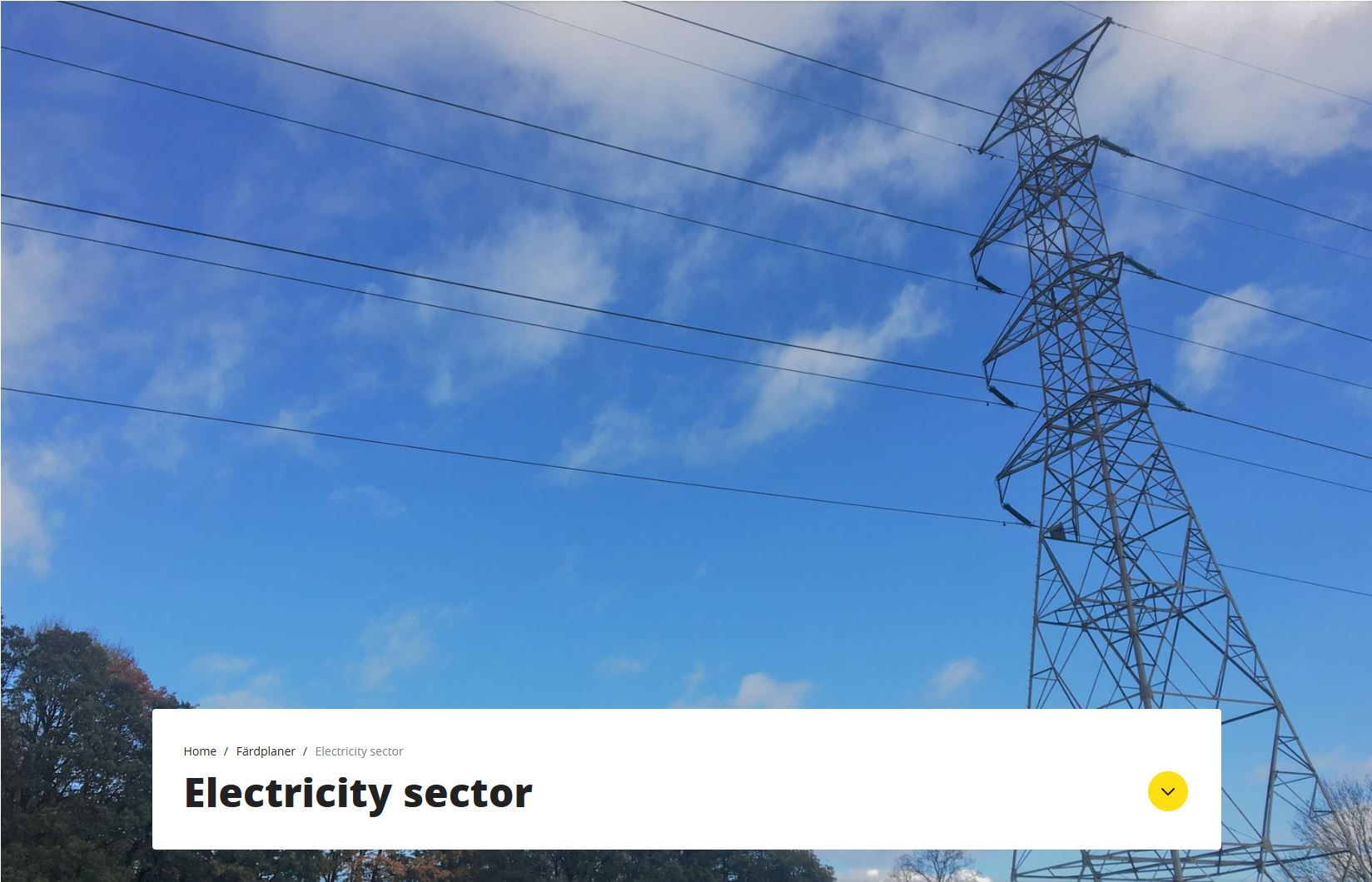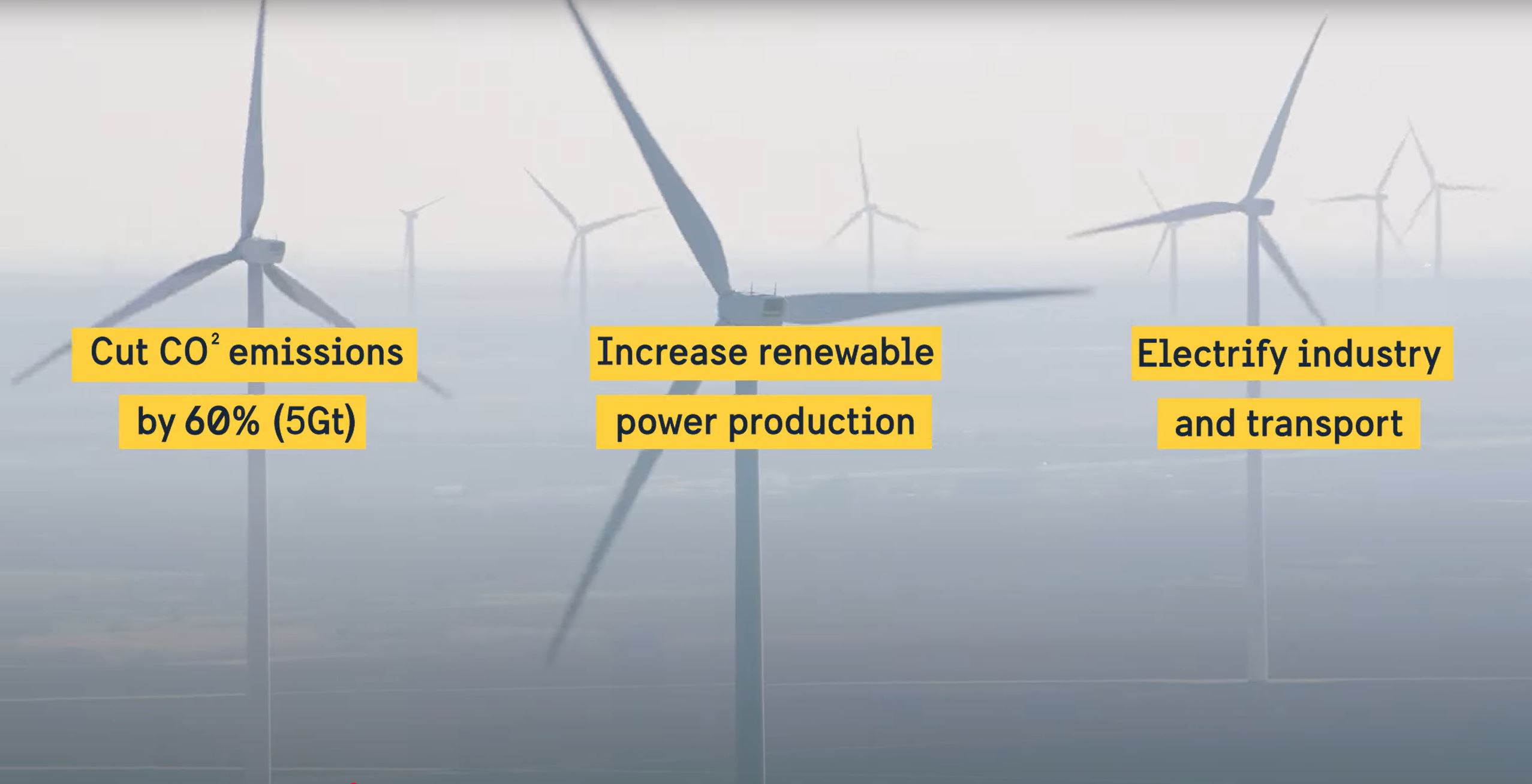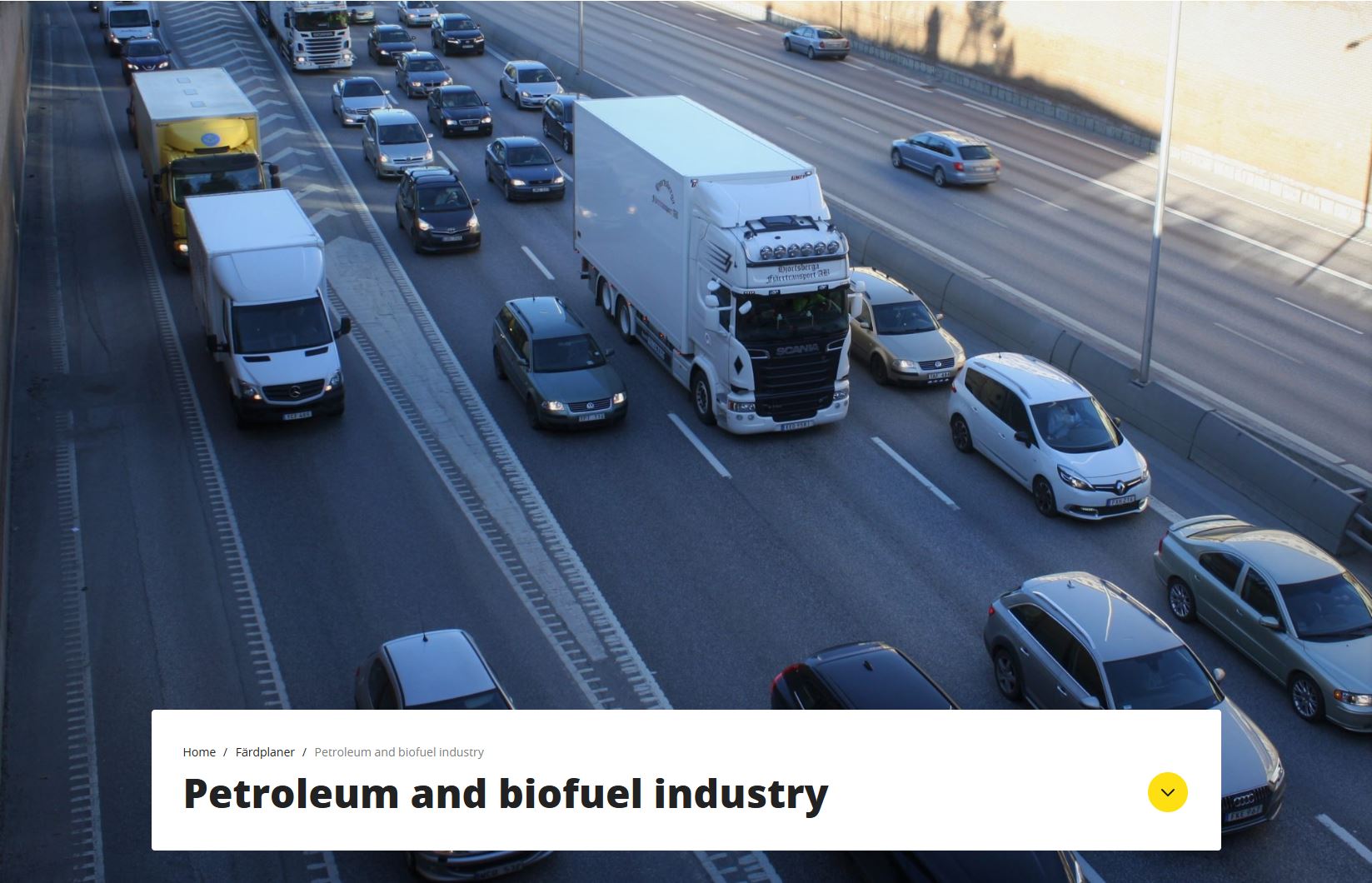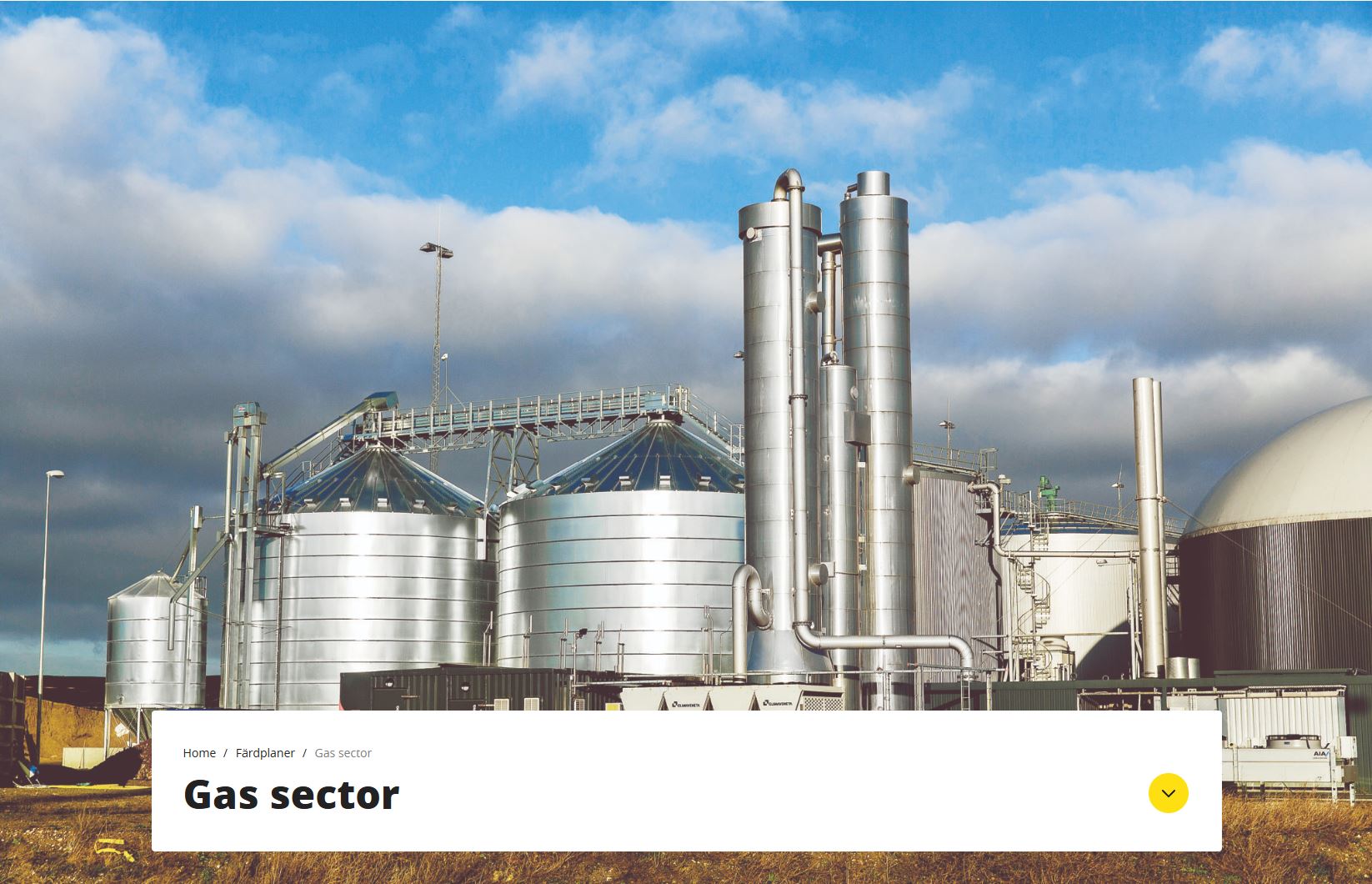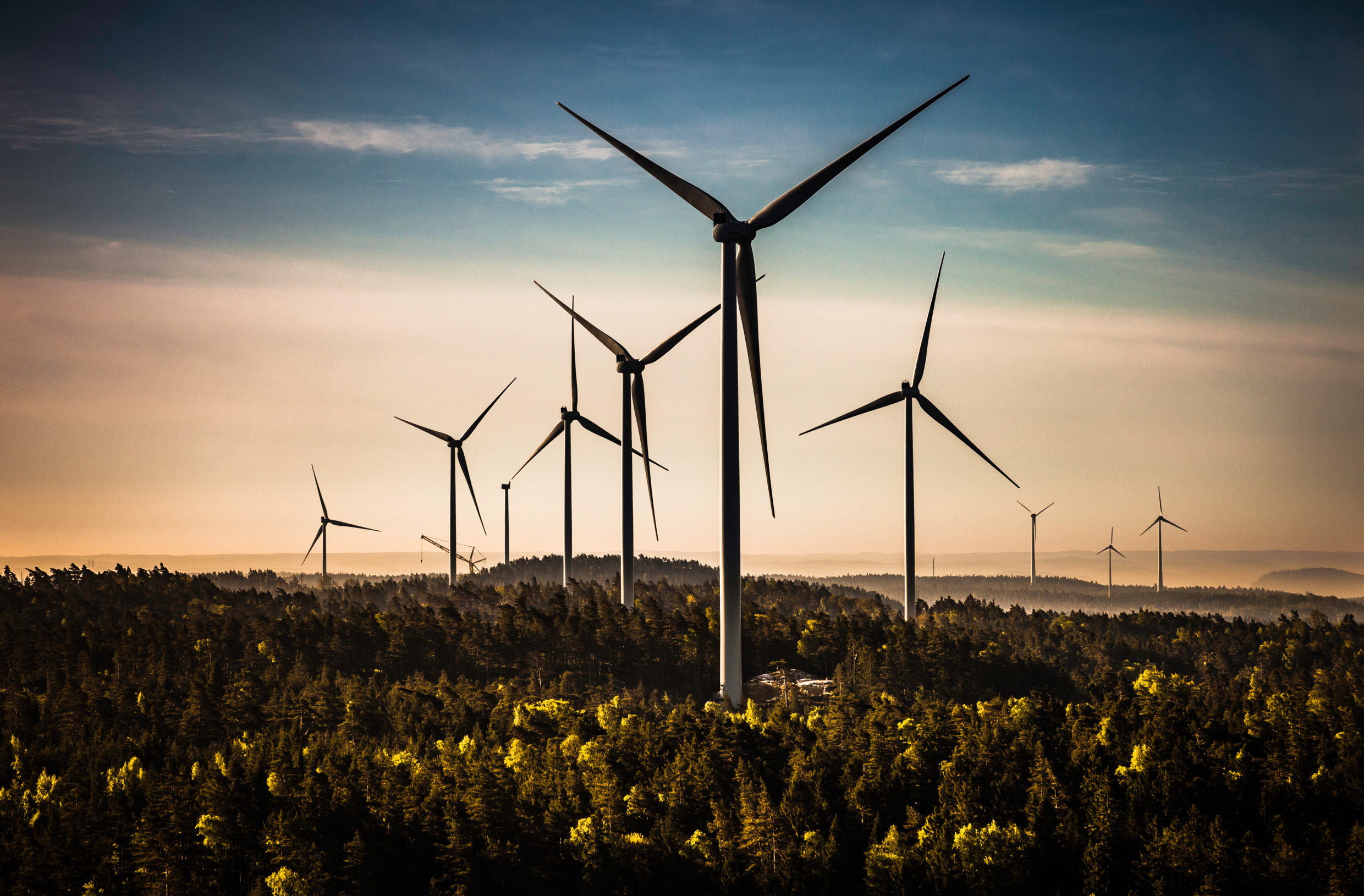Energy
Climate solutions – Energy
The energy sector accounts for around three quarters of global greenhouse gas emissions and is central to meeting the 1.5°C target. Sweden’s energy transition demonstrates that decarbonising this sector is achievable – and economically advantageous.
For resilience and independence
Investing in low-carbon energy systems and sustainable infrastructure not only cuts emissions and mitigates climate impact, it also builds resilience and strategic energy independence. Coordinated action from governments, businesses, and financial institutions drive innovation, strengthen energy security, and ensure reliable, affordable, and climate-resilient energy for all.
Partner with us for energy independence
Since 2010, emissions from the Swedish energy sector have fallen by 56%. Fossil fuel emissions have dropped by 90% compared to 1990. Today, over 90% of electricity and 95% of heating is produced without fossil fuels. Our recipe for success is a solid framework for decarbonisation complemented with full value chain transformation across all sectors.
Climate solutions across the board
By sharing proven solutions, Swedish companies, researchers, institutions, and NGOs align innovation ecosystems and scale resilient, circular systems, helping to build competitive, fossil-free value chains both domestically and internationally. Green energy solutions include:
- Energy Generation – Swedish firms are at the forefront of fossil-free energy deployment, with leadership across wind, solar, hydro and nuclear. Emerging technologies in ocean energy, such as tidal stream and wave power, are particularly important for coastal and land-constrained regions. Fossil-free energy systems strengthen energy independence, enhance resilience to fossil fuel price volatility, and support inclusive growth.
- Hydrogen Production – Swedish companies are pioneering fossil-free hydrogen production using renewable and nuclear electricity, creating a scalable, zero-emissions fuel for sectors including transport, heavy industry, and heating. Clean hydrogen can play a central role in decarbonising hard-to-abate sectors while also enhancing energy resilience by enabling long-duration storage and sector integration.
- Grid Infrastructure and System Integration – Swedish companies lead in developing smart grid solutions that optimise energy flows, integrate intermittent renewables, and improve system reliability. Lithium-ion batteries and hydrogen-based storage help stabilise grids, while grid modernisation and cross-border interconnectors enhance resilience and affordability. By supporting decentralised energy systems, AI-driven optimisation, and regional interconnectivity, Swedish firms enable countries to adapt to climate extremes and shifting demand patterns.
- Hydrogen Storage and Distribution – Swedish expertise in hydrogen storage and distribution is essential to unlocking the full potential of clean hydrogen within industrial, urban, and regional energy systems. These technologies help stabilise supply, bridge mismatches between generation and demand, and facilitate cross-sector energy flows. By providing flexible, resilient alternatives for sectors that are difficult to electrify, they contribute to climate adaptation and energy security.
- Heat Recovery, Heat Pumps, and AI Optimisation – Swedish firms are global leaders in energy efficiency technologies, offering solutions such as waste heat recovery systems, high-performance heat exchangers, and next-generation heat pumps that reduce energy use in buildings and industries. AI-enabled optimisation tools further improve energy performance. These technologies not only support mitigation but also enhance adaptive capacity by reducing demand peaks and ensuring energy stability during climate extremes.
- Carbon Capture, Usage, and Storage (CCUS) – CCUS technologies cut emissions from emissions-intensive sectors like cement and steel. When combined with waste-to-energy facilities, CCUS can also reduce landfill waste while generating low-carbon power. This circular approach contributes to both mitigation and adaptation by supporting clean energy generation from waste, reducing landfill emissions, and enhancing the resilience of urban energy systems. Swedish companies can assist with feasibility assessments, project development, and regulatory navigation.
- Enablers to Facilitate Mitigation and Adaptation – Sweden’s energy sector combines advanced technology, policy expertise, financial innovation, and international cooperation to support the global transition to a fossil-free, resilient, and efficient energy system.

